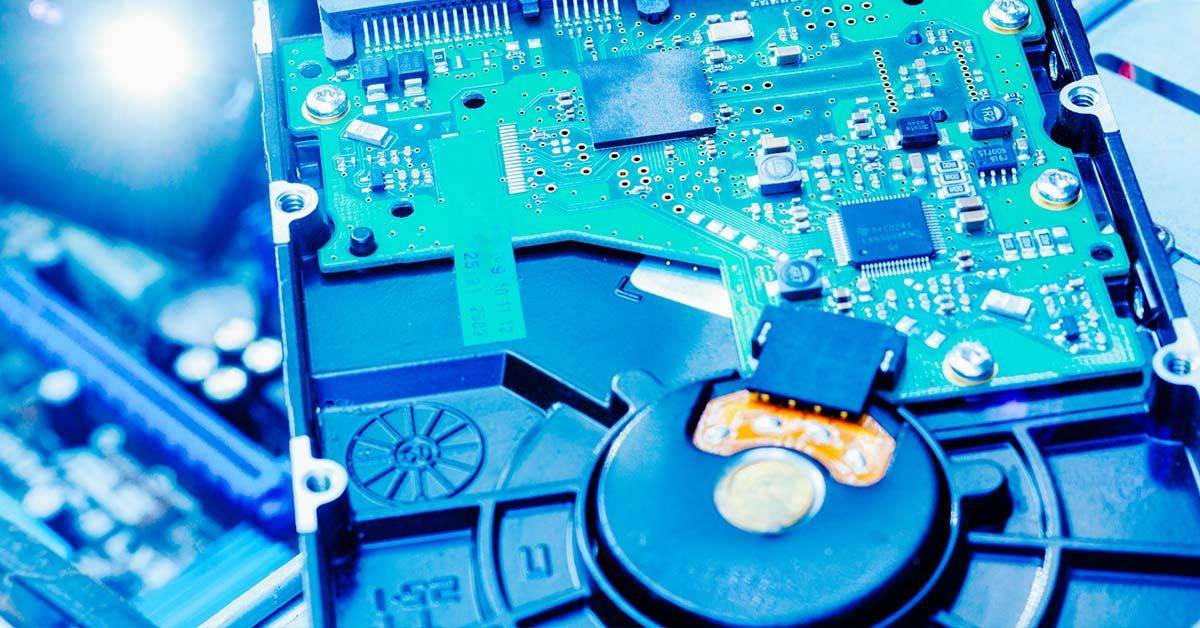
Should I Migrate Backwards-Compatible Data Tapes to New Formats?
Backwards compatibility can be extraordinarily helpful for organizations with large tape libraries. Linear Tape Open (LTO) drives can read and write tapes from the previous generation (for instance, an LTO-8 drive can use LTO-7) tapes. Prior to the 8th generation, LTO drives could also read tapes from two generations back (for instance, LTO-7 drives could read LTO-5 tapes, but not write to them).
This is one of the major benefits of the LTO format, and some other tape formats like DAT and DLT had similar backwards compatibility. However, relying on obsolete media creates some risks.
In most circumstances, we recommend migrating to current generation formats as quickly as possible. Of course, tape migration is a major process with significant expenses. Your organization may not be able to feasibly migrate every single archive — which is exactly what makes backwards compatibility valuable.
Here’s the good news: Tape migration is not necessary for non-mission-critical backups, though it’s still the best practice. We recommend evaluating your archives to determine whether older formats pose any hazards to your long-term disaster recovery strategy.
What are the risks of using several different data tape cartridge formats?
If tapes are not fully compatible with your hardware, you’ll need legacy hardware to read them. Obsolete tape drives can be expensive; at Total Data Migration, we maintain an extensive library of legacy drives. Functional legacy hardware can be difficult to source, and adding a new device into an IT system — even on an temporary basis — requires capital & time investment.
By definition, backwards-compatible formats eliminate this issue. However, they still present several problems at scale:
● Whether you’re storing data onsite or offsite, maintaining legacy tapes and tape drives can be expensive. Storing historical data in multiple formats adds to this expense.
● Archives need to be checked regularly, and their contents can become obsolete over time. If your operation upgrades its backup software, for instance, you’ll need to migrate the older tapes when you need to access them, regardless of the quality of the physical media.
● Accessing older formats can be time consuming. The LTO-6 format, for example, has a maximum compressed speed of 400 megabytes per second (MB/s). LTO-8 tapes have a maximum compressed speed of 900 MB/s, and tape drives are usually limited to the native data rate of the media.
Migrating to current-generation formats can significantly speed up access times when archives need to be read. For larger projects, the time savings can be significant.
With larger archives, all of these issues become more resource intensive. By migrating older tapes to the latest format, your organization can simplify its IT infrastructure significantly.
How can I determine whether tape migration is necessary?
You’ll need to evaluate your current expenses and have discussions with your IT staff to decide whether to migrate backwards-compatible tapes to a newer format. Generally, if you’re already planning a tape migration project, you should try to switch all of your historical media to a single format.
For instance, let’s say your organization archives mission-critical data on modern LTO-8 cartridges, but maintains a long-term archive of emails with legacy formats like LTO-6 and DLT. The DLT tapes are an obvious target for data migration — while some enterprises still use DLTs, the format is obsolete, so you decide to migrate those tapes to LTO-8.
However, the best practice would be to also migrate the LTO-6 cartridges, despite their compatibility with LTO-8 hardware. The older tapes may use file formats that are unsupported in your current system, and converting them would ensure seamless access (and for some medical & legal applications, migrating all tapes could help with conformance with retainment requirements).
Total Data Migration offers an extensive set of solutions for any migration project. Our experts can evaluate your current media practices and help you determine whether migrating older tapes will provide a decent return on cost. We can also convert older files or assist you in switching to new backup software.
For a free consultation, visit our contact page or give us a call at (800) 460-7599.
